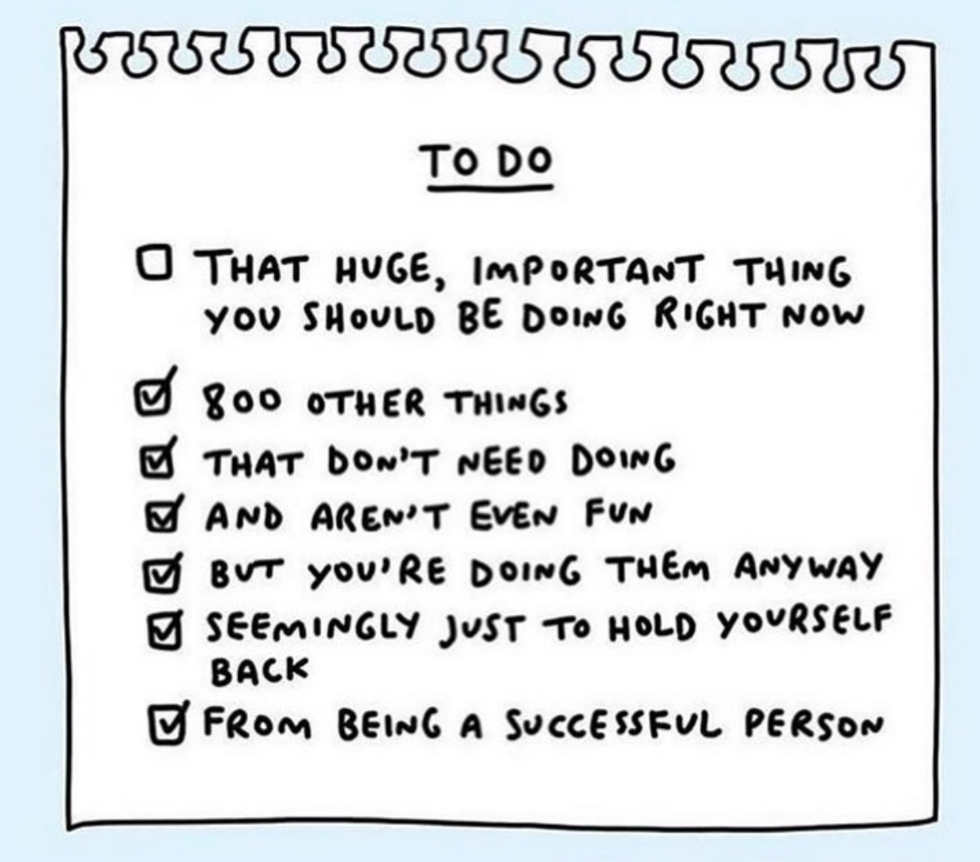Should College Athletes Get Paid?
The NCAA is making billions on what some fans think to be "slave labor". While that may be extreme, it helps represent how the NCAA is using these players to turn a huge profit. So... Should college athletes be paid?
College sports generate billions and billions of dollars every year. From ticket sales to merchandise, it is one of the biggest contributors to the sports industry. For years and years, one of the biggest questions in college sports is whether or not college athletes deserve to be paid. As of now, the players receive zero royalties. Granted, many athletes receive scholarship money from the school to attend, but if you look at the big picture, they are generating SOOOO much more for the school than the school saves them. I have come up with some pros and cons to this big question.
Pro #1: It provides the needed income for players
Paying college athletes eliminates the need for them to find other ways to support themselves. Many scholarships may offer the basic college needs, like tuition, room, and board, but not every student athlete qualifies for a scholarship. Walk-on players receive zero compensation while still helping being the face of the school and generating tons of cash. Paying all athletes would allow them to focus on academics and athletics without worrying about making ends meet.
Pro #2: It attracts talent
Colleges that can compensate athletes for more cash will help attract more talented players. By offering a stipend for playing, much like a work-study program, students would gain another incentive to become involved in athletics.
Pro #3: It can stop corruption
Many college athletes receive bribes from organizations to get them to accept the offer for a team. Most recently, Deandre Ayton, #1 overall pick in last year's NBA draft, was offered a $100,000 bribe from Arizona's Men's Head Coach Sean Miller.
Pro #4: Athletes would be more willing to stay in school
The so-called "one and done" route that many college athletes have taken to the pros can be very concerning for their future. Now, if they are drafted into their respected league and have a professional league, then things may turn out fine for them. However, many players are not so successful, and now they don't have a professional sports job NOR a college education. If they were getting paid, they may feel encouraged enough to stay for all 4 years, both making money and earning a college degree.
Pro #5: It's overall good business
Let's face it... the players are the ones putting their bodies on the line with the spotlight on them. Therefore, they deserve to be compensated for their efforts. Also, fans are not buying Villanova jerseys because they like the Villanova coaching personnel, they buy tons of college sports merchandise to support the team and its players.
Con #1: It might put the student's education second
If college athletes are making cash while playing, they are more likely to focus on sports rather than keeping up with their education. However, this offsets with the pro that they may stay in school all 4 years.
Con #2: It could burden smaller colleges
Small colleges with less known sports programs may financially struggle since they don't generate as much revenue as the big D1 programs.
Con #3: How much?
Every program generates a different amount of revenue, so how much should each athlete receive? Would a player be paid on how much they play? How well they play? Will men get paid more than women, like it is in professional sports? This is one of the biggest issues with giving college athletes the opportunity to be paid.
Con #4: It may cause school budget problems
Many schools reinvest their profits. If they had to pay players, there would be much less money available for the overall college itself.
The NCAA is making billions on what some fans think to be "slave labor". While that may be extreme, it helps represent how the NCAA is using these players to turn a huge profit. So... Should college athletes be paid? Should they, at the minimum, receive royalties for any merchandise or advertisement that represents their image? This debate is so ethically and morally complicated that there may never be a true answer.































